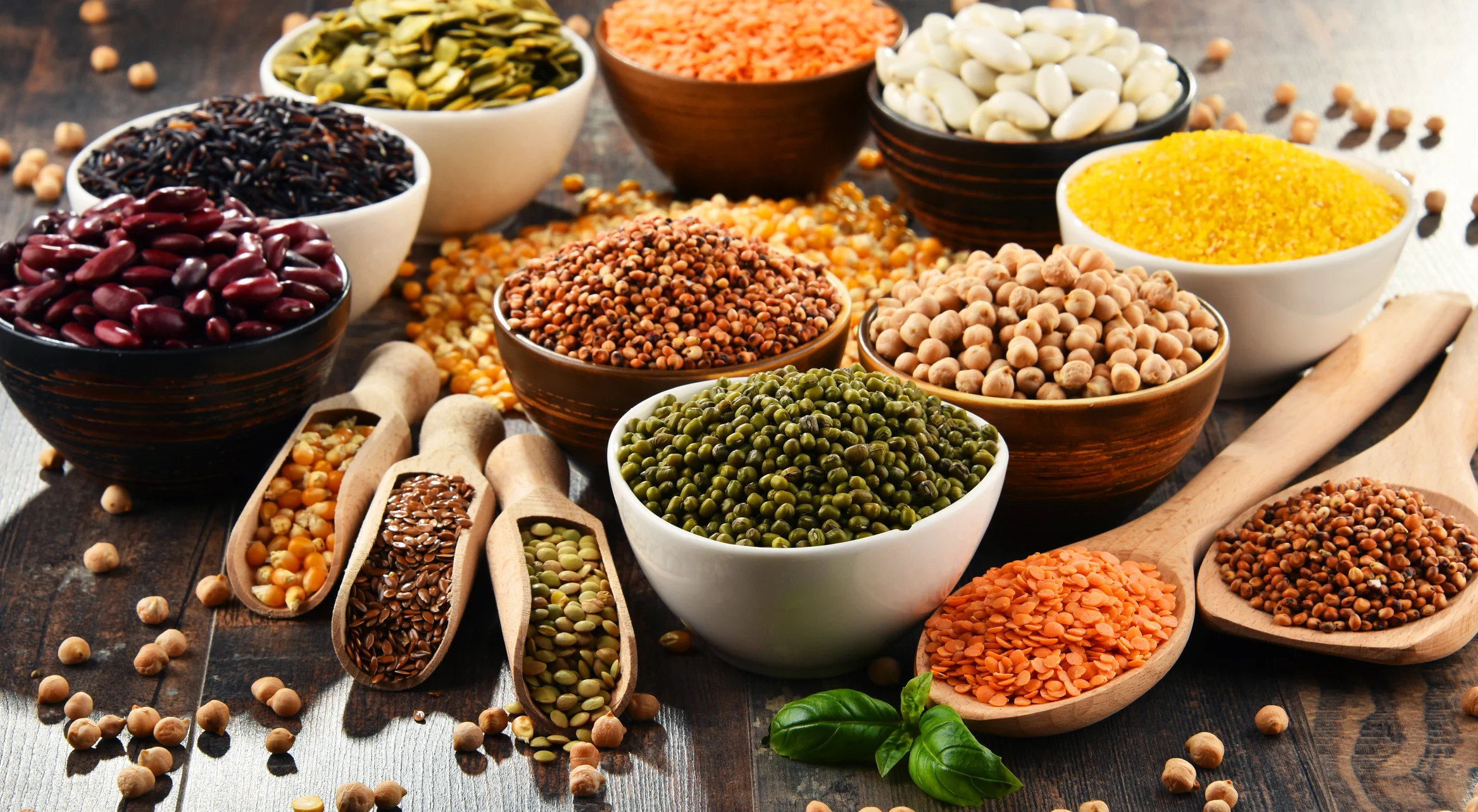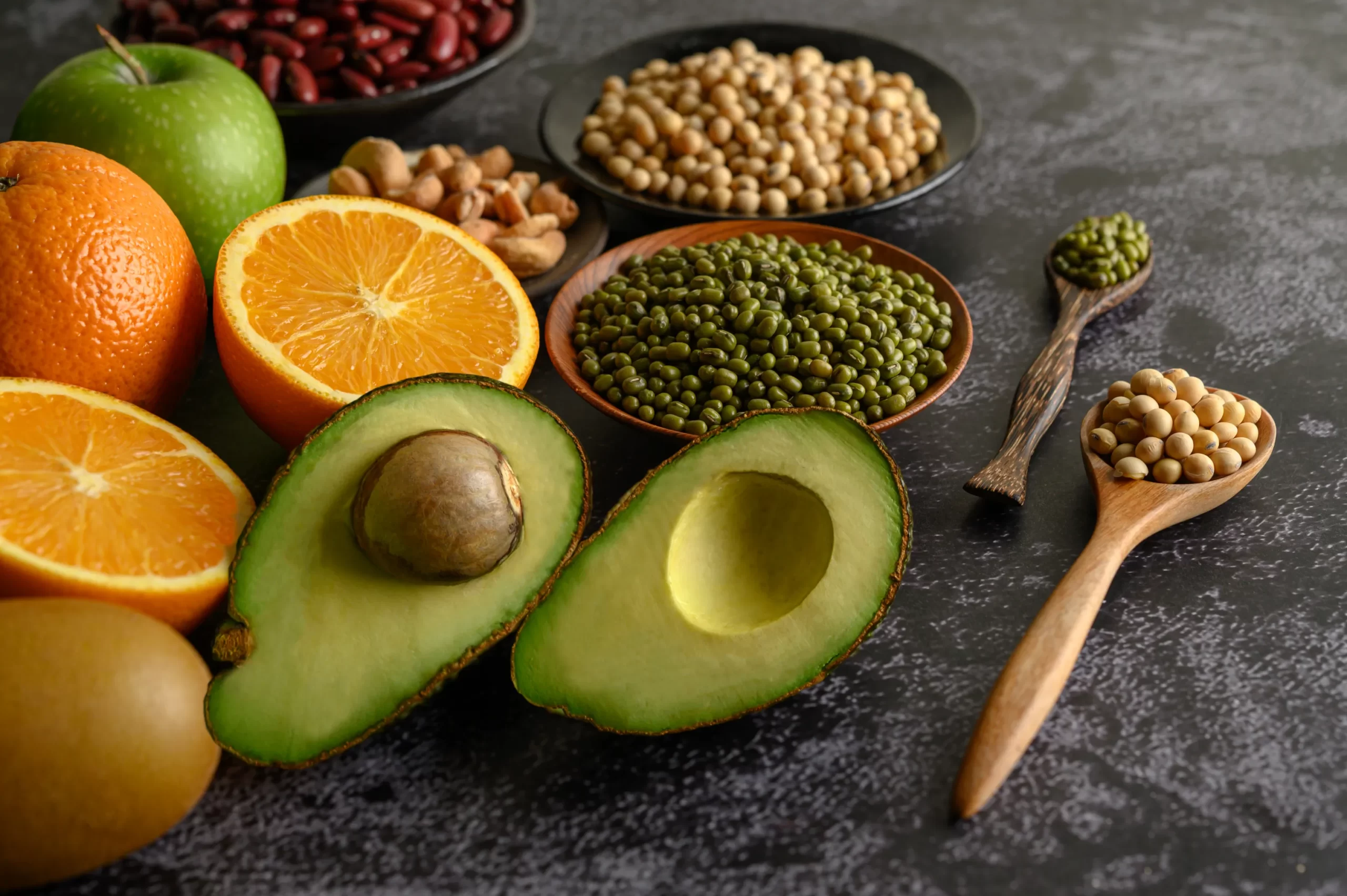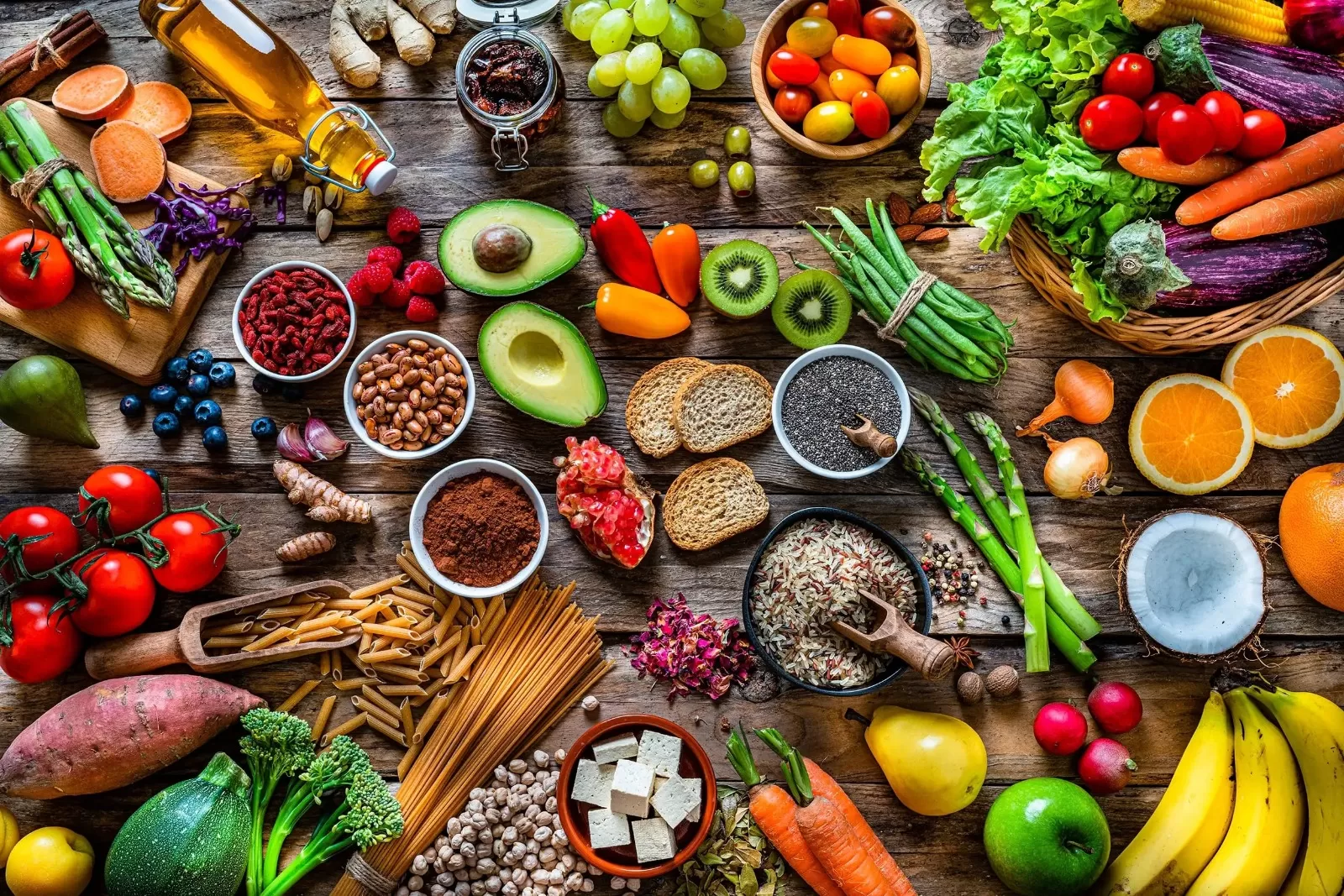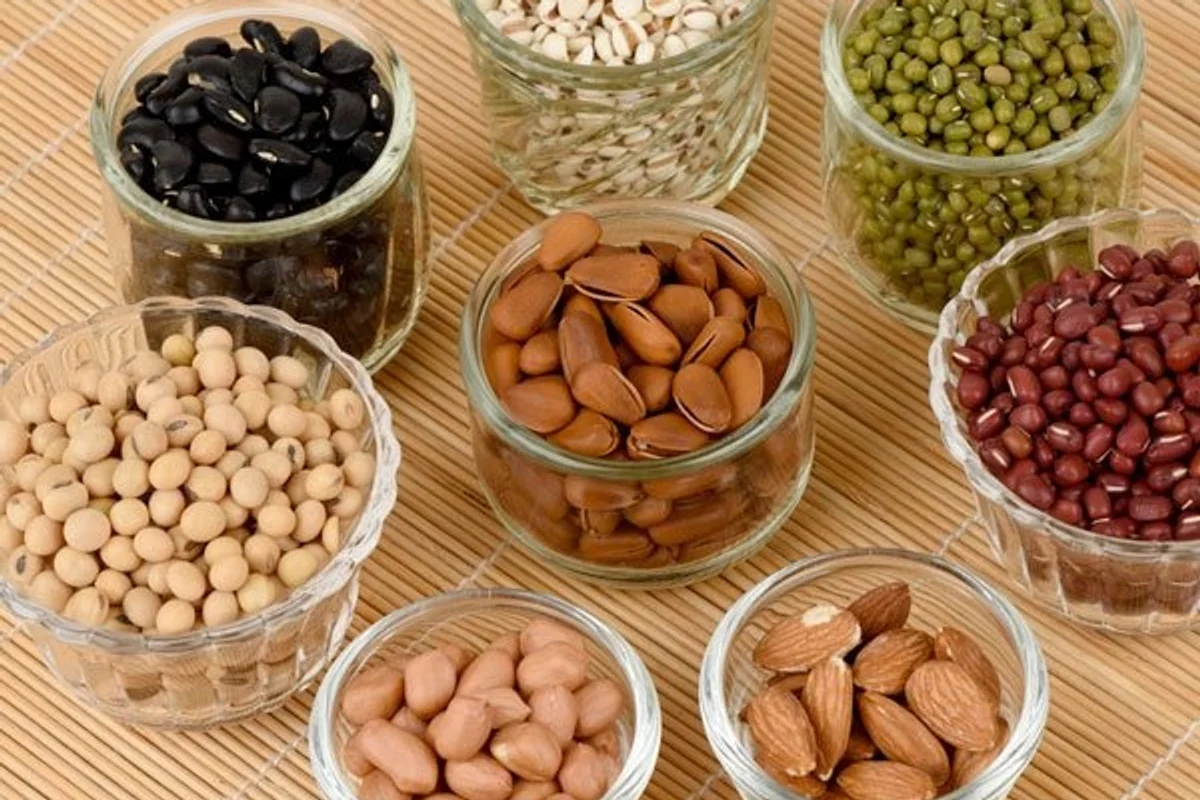When you’re trying to conceive, every decision feels monumental – and rightfully so. While fertility is influenced by numerous factors, nutrition plays a surprisingly powerful role in your conception journey. Research shows that specific dietary changes can improve fertility by up to 69%, making your food choices one of the most accessible and impactful ways to boost your chances of getting pregnant.
The science is clear: what you eat directly affects egg quality, sperm health, hormone balance, and reproductive function. Both partners need optimal nutrition since eggs and sperm take up to three months to mature, meaning the foods you choose today are literally building the foundation for your future baby. This isn’t about following restrictive diets or expensive supplements – it’s about understanding which nutrients your reproductive system craves and incorporating delicious, fertility-friendly foods into your daily meals.
Whether you’re just starting your conception journey or have been trying for months, the right nutritional approach can make a significant difference. From antioxidant-rich vegetables that protect reproductive cells to omega-3 fatty acids that enhance egg quality, certain foods have been scientifically proven to support fertility in both men and women. Let’s explore the most powerful fertility-boosting foods that can help transform your diet and optimize your chances of conceiving naturally.
Essential Nutrients for Reproductive Health

Folic Acid: The Foundation of Fertility
Folic acid stands as one of the most crucial nutrients for women trying to conceive. This B vitamin assists in neural tube development and has been consistently linked to better fertility outcomes, fewer pregnancy losses, and more successful fertility treatments. Research involving over 200 women found that folate intakes over 500 micrograms were associated with improved ovulation and higher progesterone levels after ovulation.
Dark green leafy vegetables like spinach, asparagus, and broccoli provide excellent sources of folate, along with fortified grain and cereal products. The nutrient helps eggs mature properly and supports the development of a healthy uterine lining for embryo implantation.
Antioxidants: Cellular Protection for Reproduction
Oxidative stress can significantly impact fertility by damaging both egg and sperm cells. Antioxidants combat this damage by neutralizing harmful free radicals in the body. Key antioxidants for fertility include vitamins C and E, selenium, and beta-carotene.
Studies indicate that antioxidant-rich diets may help protect reproductive cells from damage, with foods like blueberries, kale, and red cabbage showing particular promise. For men, vitamin C specifically improves sperm quality and ejaculate volume, while vitamin E enhances sperm health in both partners.
Top Fertility-Boosting Foods for Women
Leafy Green Vegetables
Spinach, kale, and broccoli deserve a starring role in your fertility diet. These nutritional powerhouses contain folate, iron, and vitamin C – a trifecta that supports egg quality, reduces chromosomal abnormalities, and aids ovulation. Regular consumption of leafy greens can improve ovarian function and encourage fertility.
Greek Yogurt and Full-Fat Dairy
Full-fat dairy products offer unique fertility benefits for women. Research shows that women consuming at least one daily portion of full-fat dairy reduces their risk of infertility by more than 25%. Greek yogurt specifically provides calcium and vitamin D, two nutrients essential for fertility function. The probiotics in Greek yogurt also support hormonal balance and gut health.
Sweet Potatoes
Rich in beta-carotene, sweet potatoes can boost progesterone levels, an essential pregnancy hormone. This versatile vegetable can be baked, roasted, or added to curries, making it easy to incorporate into your regular meal rotation. Beta-carotene also acts as a precursor to vitamin A, which supports fertility in both men and women.
Berries
Blueberries, raspberries, and strawberries provide powerful antioxidants that protect reproductive cells from oxidative damage. These fruits also contain folate and help improve blood flow to the reproductive system while promoting healthy egg production. Their natural sweetness makes them perfect for pairing with Greek yogurt or adding to smoothies.
Fertility-Enhancing Foods for Men

Walnuts and Nuts
Walnuts stand out as particularly beneficial for male fertility. Rich in omega-3 fatty acids and vitamin E, they boost ovulation in women and keep sperm healthy in men. One study found that eating just one handful (42 grams) of walnuts daily for three months produced healthier, more active sperm.
Tomatoes
Tomatoes contain lycopene, a phytochemical that improves sperm count and movement. Interestingly, cooking tomatoes increases their lycopene content – heating for just two minutes increases lycopene by 54%, while 25 minutes of cooking boosts it by 75%. Choose cooked tomatoes, tomato paste, or sun-dried varieties for maximum benefit.
Citrus Fruits
Oranges, grapefruits, lemons, and tangerines provide vitamin C and polyamines – compounds critical to the reproductive process for both partners. The antioxidant properties of vitamin C specifically benefit sperm quality, while polyamines support reproductive function.
Maca Root
This Peruvian superfood has shown remarkable results for male fertility, boosting both sperm count and sperm motility. Maca powder has a slightly bitter taste, so it’s best disguised in smoothies or sprinkled into yogurt with fruit.
Omega-3 Rich Foods for Both Partners
Fatty Fish
Salmon, sardines, and mackerel provide omega-3 fatty acids that are fundamental for reproductive health. These healthy fats reduce inflammation, improve blood flow to reproductive organs, and enhance both egg and sperm quality. For women, omega-3s help balance hormones and improve uterine quality.
When choosing fish, opt for low-mercury options like wild salmon and canned sardines. Couples consuming eight or more seafood servings per cycle conceived in less than half the time compared to those eating less seafood.
Plant-Based Omega-3 Sources
For those preferring plant-based options, walnuts, chia seeds, and flaxseeds provide omega-3 fatty acids. These can be easily added to smoothies, yogurt, or salads for a fertility boost.
Additional Fertility-Supporting Foods

Beans and Lentils
Legumes offer plant-based protein, folate, and spermidine – a polyamine associated with fertility. Research suggests that women who get protein from plants have a reduced risk of ovulation-related infertility. Higher folate levels from beans and lentils also correlate with better sperm count and quality in men.
Quinoa
This complete protein helps stabilize blood sugar and improve ovulatory function. Its high fiber content also supports hormonal balance, making it an excellent grain choice for couples trying to conceive.
Beetroot
Packed with nitric oxide, beetroot causes blood vessels to dilate, encouraging nutrient-rich blood flow to the womb. This improved circulation may help with embryo implantation, while beetroot’s antioxidants and folate provide additional fertility benefits.
Foods to Limit or Avoid
While focusing on fertility-boosting foods, it’s equally important to limit foods that may hinder conception. Reduce intake of refined carbohydrates, trans fats, highly processed foods, and alcohol. These foods can disrupt hormonal balance and negatively impact reproductive function.
Optimizing your diet for fertility doesn’t require drastic changes – it’s about making informed choices that support your reproductive health. By incorporating these scientifically backed fertility foods into your daily meals, you’re providing your body with the essential nutrients needed for conception. Remember that both partners should focus on nutrition, as healthy eggs and sperm are created months before conception occurs.
While diet alone cannot cure serious fertility conditions, it can significantly improve your chances of conceiving naturally when combined with other healthy lifestyle choices. Start making these nutritional changes today, and give your body the best possible foundation for creating new life.

